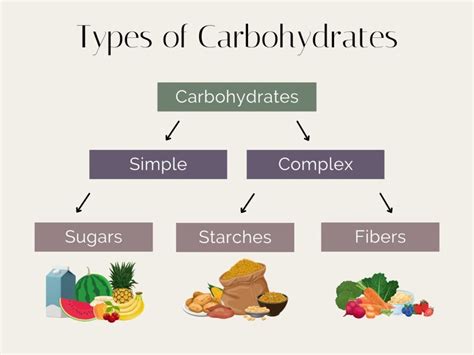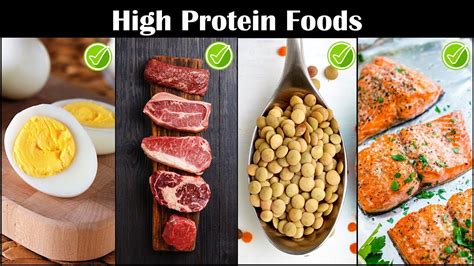What is the primary role of macronutrients in the human body?

In the intricate machinery of the human body, a continuous supply of specific compounds is essential for survival, growth, and overall well-being. These vital substances are broadly categorized into macronutrients and micronutrients. While micronutrients (vitamins and minerals) are crucial in smaller quantities, macronutrients—carbohydrates, proteins, and fats—are required in large amounts, forming the bedrock of our dietary intake. Their primary role extends beyond mere sustenance; they are the fundamental building blocks, energy providers, and regulators of virtually every bodily process.
The Fundamental Role of Macronutrients
Macronutrients are organic compounds that the body needs in significant quantities to provide energy, support growth, and maintain its systems. Without an adequate intake of these three components, the human body cannot function optimally, leading to various health issues and impaired physiological processes. Each macronutrient plays a distinct yet interconnected role, contributing to the body’s overall health and efficiency.

Carbohydrates: The Body’s Primary Energy Source
Carbohydrates are the body’s preferred and most readily available source of energy. Composed of sugars, starches, and fiber, they are broken down into glucose, which is then utilized by cells for immediate energy or stored as glycogen in the liver and muscles for future use. This energy fuels everything from basic cellular functions to high-intensity physical activity and brain function. Without sufficient carbohydrates, the body may resort to breaking down proteins for energy, compromising muscle mass and other vital functions.
- Simple Carbohydrates: Quickly digested, providing rapid energy (e.g., fruits, sugar).
- Complex Carbohydrates: Slower digestion, offering sustained energy and often containing fiber (e.g., whole grains, vegetables).
- Fiber: A type of carbohydrate that aids digestion, promotes gut health, and helps regulate blood sugar, though it provides minimal energy.

Proteins: The Building Blocks of Life
Proteins are arguably the most versatile macronutrients, often referred to as the building blocks of the body. They are complex molecules made up of amino acids, and their roles are incredibly diverse and essential for virtually every cellular function. From creating new tissues to repairing existing ones, proteins are indispensable for growth and maintenance.
Key roles of proteins include:
- Structural Components: Forming muscles, skin, hair, nails, and connective tissues.
- Enzymes: Catalyzing biochemical reactions throughout the body, including digestion and metabolism.
- Hormones: Acting as chemical messengers (e.g., insulin, growth hormone).
- Transport: Carrying substances like oxygen (hemoglobin) and nutrients in the blood.
- Immune Function: Producing antibodies to fight infections.
- Fluid Balance: Helping to maintain proper fluid distribution within the body.

Fats (Lipids): Concentrated Energy and Vital Functions
Often misunderstood, fats are crucial for human health, providing a highly concentrated source of energy and playing critical roles in cell structure and function. They are essential for absorbing fat-soluble vitamins (A, D, E, K) and for maintaining cell membrane integrity.
Important functions of dietary fats:
- Energy Storage: The most efficient form of stored energy, used when carbohydrate stores are depleted.
- Cell Membrane Structure: Forming the lipid bilayer of all cell membranes, crucial for cellular communication and integrity.
- Hormone Production: Precursors for various hormones, including steroid hormones.
- Organ Protection: Cushioning vital organs and insulating the body against temperature extremes.
- Vitamin Absorption: Facilitating the absorption of fat-soluble vitamins.
Different types of fats have varying effects on health: unsaturated fats (monounsaturated and polyunsaturated) are generally considered beneficial, while excessive intake of saturated and trans fats can be detrimental.

The Interconnected Primary Role
Ultimately, the primary role of macronutrients in the human body is multifaceted and deeply interconnected. They collectively serve as:
- Energy Providers: Fueling every biological process, from cellular respiration to physical movement.
- Structural Components: Building and repairing tissues, organs, and cells.
- Regulatory Agents: Participating in countless biochemical reactions, hormone synthesis, and maintaining physiological balance.
A balanced intake of carbohydrates, proteins, and fats is fundamental for supporting growth, facilitating repair, providing sustained energy, and enabling all the complex processes that define life. Each macronutrient is indispensable, and their harmonious interaction ensures the body’s optimal performance and resilience.

In conclusion, macronutrients are not merely calories; they are the essential raw materials and fuel that dictate the body’s capacity to grow, heal, perform, and thrive. Understanding their individual and combined roles is key to appreciating the profound impact of nutrition on overall health and well-being.








